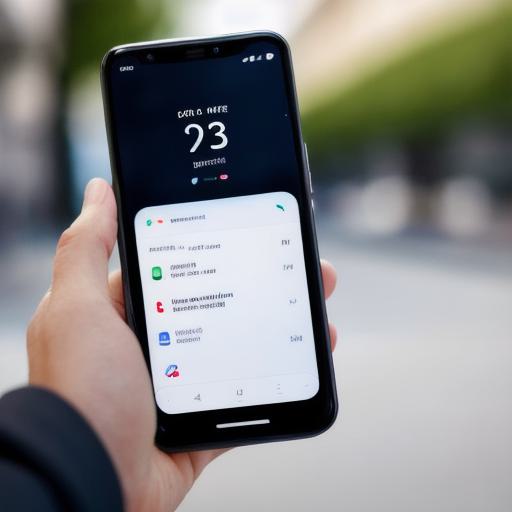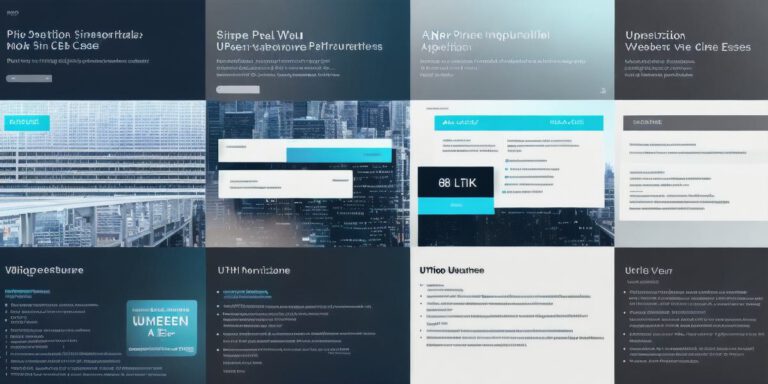Unlocking the Potential of Web3: Why It’s the Future of the Internet

The internet has undergone significant transformations since its inception, and the latest shift is towards Web3. The third generation of the internet promises to revolutionize how we interact with each other and with data. In this article, we will explore why Web3 is the future of the internet and how it can unlock new possibilities for developers.
Web3 is built on blockchain technology, which provides a decentralized platform for secure and transparent transactions. With Web3, users have more control over their data and can choose who they share it with. This means that personal information is no longer at risk of being hacked or stolen by large corporations. Instead, individuals have the power to decide how their data is used and shared.

One of the key features of Web3 is the ability to create new applications that were previously impossible. Decentralized applications (dApps) can be built on top of blockchain technology, allowing for new types of interactions between users. For example, a dApp could enable users to trade goods directly with each other without the need for intermediaries like banks or online marketplaces. This opens up new opportunities for businesses and entrepreneurs to reach customers in new ways.
Another advantage of Web3 is its potential for greater financial inclusion. With blockchain technology, individuals who do not have access to traditional banking systems can still participate in the global economy. This could have a significant impact on poverty reduction and economic development in developing countries.
Despite these benefits, there are still challenges to overcome before Web3 becomes widely adopted. One of the main concerns is scalability, as blockchain networks can become slow and expensive to use when they handle large amounts of data. Additionally, there is a need for greater regulatory clarity around the use of blockchain technology in areas like finance and healthcare.
Despite these challenges, many experts believe that Web3 has immense potential. "Web3 represents the next major shift in how we interact with each other and with data," says Andreas Antonopoulos, a leading expert in blockchain technology. "It has the potential to unlock new possibilities for businesses, individuals, and society as a whole."
One example of this is the use of smart contracts on the Ethereum blockchain. Smart contracts are self-executing contracts that can automate complex processes like supply chain management or property transfers. By using blockchain technology to create these contracts, they become more secure and transparent, reducing the need for intermediaries and increasing efficiency.
In conclusion, Web3 is the future of the internet. It promises to unlock new possibilities for developers, businesses, and individuals alike by providing a decentralized platform for secure and transparent transactions. While there are still challenges to overcome, the potential benefits make it clear that Web3 will play an increasingly important role in shaping our digital world.








